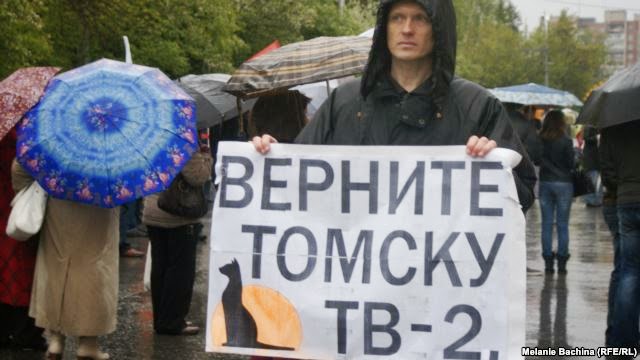The toll to cross the Severn
Bridge and Second Severn Crossing into Wales will increase
once again from the 1st January, with cars paying £6.50 - up from the
current £6.40 - while small goods vehicles and small buses facing a 30p rise to
£13.10, and heavy goods vehicles and buses having to pay £19.60, up from
£19.20.
 |
| Severn Bridge tolls since 1976 |
Back
on January 1st 2014, the cost of crossing into
Wales by car increased to £6.40 - a rise of 20p - small goods
vehicles pay £12.80 (a 40p increase) and HGVs £19.20 (a 60p increase). The
Severn Bridge operators rolled out the same old tired excuses for their greed
saying that the tolls were agreed by a parliamentary order and in line with the
Retail Price Index (RPI), etc, etc.
When
it comes to the Severn Bridge tolls, one often-ignored fact is that the tolls
on the Humber Bridge are subsidized by Westminster. When last in office at
Westminster, the party formerly known as New Labour chose to quietly (and
regularly) subsidise the Humber Bridge tolls, yet made no move what
so ever towards doing anything about dealing with the tax on jobs, businesses
and commuters which are passed off as the Severn bridge tolls – and our local
Labour elected representatives pretty much maintained their silence.
This
may explain why our
local Labour MP’s do little save trotting out the same old news releases
bemoaning the failure of the Government (when in opposition) to do anything
about the tolls. The Humber Bridge subsidy
has been continued by the Con Dem Coalition Government, who have driven the
post Thatcherite ‘free market’ ideology into wholly new areas, yet show no
inclination to curb the Humber Bridge state subsidy or offer to help Welsh
commuters and businesses out with a simular subsidy.
At some point in 2018
ownership of the two Severn Bridges will revert back to the Westminster
Government ‘s Department for Transport, once the take from the tolls reach
passes the magic figure of £996 million pounds (that is at 1989 prices). The
Labour in Wales Welsh government wants to take control of the tolls when the
Severn Crossings return to public ownership and would look to reduce them
although it believes abolishing them would leave too great a hole in the
budget.
Plaid wants the
transfer of powers (to Wales) so that tolls on the bridges can be reduced,
something that could have a considerable impact on businesses and the economy.
With control over the bridges devolved, Plaid would cut the tolls to £2 to
cover maintenance costs. Maintenance costs are some £15 million per year, but
motorists and vehicles using the crossings currently generate £72 million
pounds per year. While the tolls would form a useful revenue stream for Welsh
Governments, Plaid’s priority is to cut the tolls.
A consultants' report
(for the Welsh Government) suggested that the abolition of bridge tolls could
boost the economic output in Wales by £ 107 Million pounds. By the time the two
Severn Bridges come back into public ownership in 2018, it has been estimated
that this cash cow may have been milked to the tune of about £ 1.029 billion
pounds. What adds regular insult to regular financial injury is the fact that
the old (M48) Severn Bridge continues to be periodical closed at weekends for
routine maintenance, which are funded by the Department for Transport, from the
public purse.
Back
in October 2010, Professor Peter Midmore's independent economic study of
the Severn Bridge tolls recommended that
the revenues from the tolls should stay in Wales, once the crossings revert to
public hands. The study of 122 businesses commissioned by the Federation of
Small Businesses revealed that the tolls had a negative impact on 30% of firms
in South Wales, this compared with 18% in the Greater Bristol area.
The 2010 study found that transport; construction and tourism-related companies reliant on regular crossings suffered increased costs and reduced competitiveness. The study also found that Welsh businesses were unfairly penalised by the tolls and concluded that the money should be shared with the Assembly Government and used to improve Wales’ roads and public transport.
There
appears to be a general political consensus that something must be done about
reducing the Severn bridge tolls – which is nice – but not particularly helpful
to motorists. The ominous silence from the Department for Transport on the
eventual ownership of the bridge and the potential fate of the tolls is also
not particularly helpful and should be a real cause for concern.
What worries me is that the Department of Transport (and their
Westminster based masters) could find the income from the Severn bridge tolls too
useful to let go. The ownership of the Severn bridges should be transferred to
the National Assembly in 2018, which means that a decision needs to be made now
and preparations for the transfer begun - what we in Wales don’t need is
silence from the Department for Transport.


